
But they were prepared to be.
The 65th anniversary of an important event in American history is still 10 months off, but I'm not willing to wait. Fathers' Day is as good a time as any to remember.
April 18, 1942. Not six months after the devastation of the US Pacific Fleet at Pearl Harbor, the US struck back at Japan.
It wasn't much by the standards of what would come later, let alone comparable to what the Japanese had wrought on the morning of December 7, 1941. Yet it gave America a badly-needed morale boost. And it led the Japanese -- stunned by the audacity and daring of the attack -- to make strategic decisions that proved a turning point early in the Pacific Theatre of World War II.
Namely, the Japanese decision to strike at Midway.
Sixteen twin-engine B-25 Mitchell bombers. Eighty pilots and crewmen. A 16 ship task force built around the new USS Hornet, which carried the bombers in a never-before (or after) attempted launching of an attack by land-based bombers from an aircraft carrier at sea, against the home islands of Japan.
Target(s): Tokyo, and other key Japanese cities.
Commanded by Lt. Colonel Jimmy Doolittle, each man was a volunteer. All volunteered without knowing what the mission was. Once they learned of it, all were given the chance to change their mind, without prejudice.
Not one did.
Many of them were fathers at the time; they chose to put the long-term safety of their families first. Some notions transcend generational differences, like the protective instincts of fathers.
The plan was to bring the USS Hornet to within 450 miles of the Japanese home islands, whereupon the Doolittle Raiders would be launched; after bombing their various targets in Tokyo and other cities, the planes were to fly onto mainland China, where they would be reunited at Chungking.
It didn't work out that way: Japanese "picket" boats detected the American task force about 650 miles from Japan, forcing Doolittle and his intrepid Raiders into the air 200 miles sooner than planned.
All sixteen planes launched successfully; fifteen of the sixteen dropped their bombs on Japanese industrial and military targets.
But the extra distance, coupled with inclement weather over China's east coast, proved fateful to the aircraft: all fifteen B-25s that attempted landfall in China were lost, with the crews having to bail out or survive water crash landings. The sixteenth landed in Vladivostok, Russia, where it (and the five-man crew) was interned (the crew later escaped in 1943). Three men were killed in the water crash landings off the China coast; eight others were captured by the Japanese. Of those eight, three were executed, and one died in captivity; the other four were released after the Japanese surrender in August, 1945.
Most (not all) of the "Doolittle Raiders" who survived the raid survived the war, and gathered for a long-promised party in December, 1945, in Miami. Thereafter, starting in 1947, the Raiders met annually other than during a couple of years when war intervened (1951 and 1966), always taking a moment to remember and toast their fallen comrades.
In 1959, the City of Tucson (AZ) presented the Raiders with a set of 80 silver goblets, which were then, and since, used to toast those Raiders both present and departed. The goblets and their display case is kept at the Air Force Academy in Colorado Springs, CO, other than when used at the annual reunions. A goblet in the display turned upside down represents a departed Raider.
I don't know the actual number at this point, but it is my understanding that there weren't many of the goblets left right side up in 2006 (update: sixteen of the Raiders survive at this point).
The story goes that at the "last reunion", the last two surviving Raiders will open a special bottle of brandy that accompanies the goblets, and drink a final toast to their 78 departed comrades.
When the last Raider ultimately rejoins his comrades at the Airfield Of Eternity, so will close a small, but unforgettable, chapter in American history.
Let it always remain unforgotten.
I would urge you to seek out and read two books in particular, on both the mission and the incredible man who led it:
The Doolittle Raiders -- America's daring first strike against Japan by Carroll V. Glines; and a revealing and touching tribute to Jimmy Doolittle, and "the wind beneath his wings", his soulmate and wife, Josephine "Joe" Doolittle, written by someone intimately placed to know the story so well:
Calculated Risk: The Extraordinary Life of Jimmy Doolittle -- Aviation Pioneer and World War II Hero. A Memoir by Jonna Doolittle Hoppes.
Just as our heroes in Iraq and Afghanistan today, many of them fathers, step to the fore to defend their nation and their families, so too did the heroes of the World War II "Greatest" Generation step to the fore. Many of them fathers. When danger comes calling, that's what so many fathers do.
God bless.







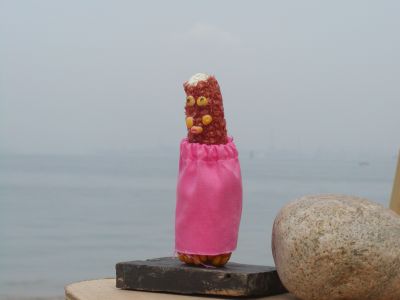
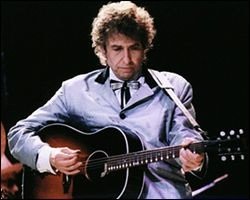
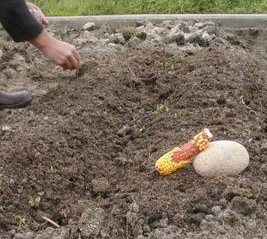

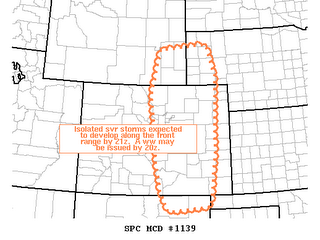
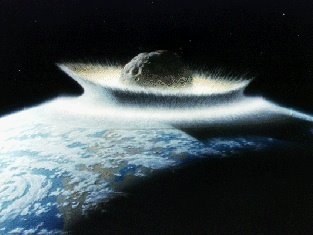
.jpg)